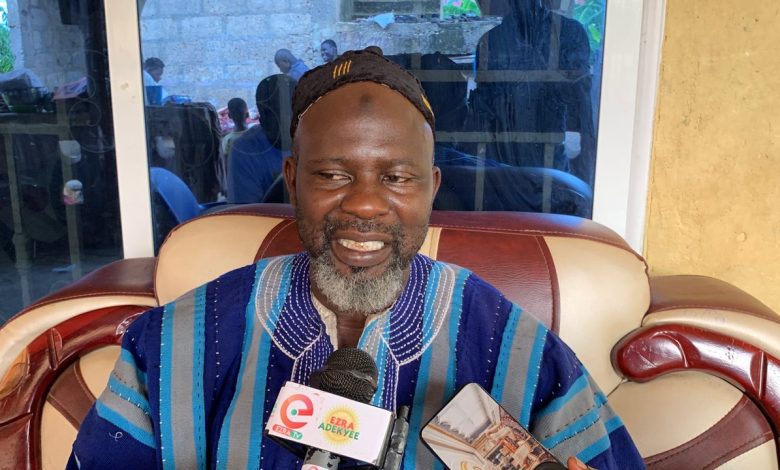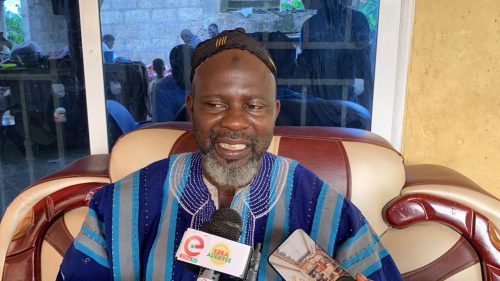Chief Butcher in Ashanti Region Hails Cedi Stabilization, Calls for Urgent Government Support for Kumasi Abattoir


The Ashanti Regional Chief Butcher, Mr. Ibrahim Wahab Tikuma, has praised the Government of Ghana for its recent strides in stabilizing the national currency, describing the move as a major relief to butchers, meat processors, and other players in the informal business sector.
In an interview with the media during this year’s Eid al-Adha celebrations in Kumasi, Mr. Tikuma noted that the relative stability of the Ghanaian cedi in recent months has eased some of the financial pressures on businesses in the meat industry. He explained that previously, the rapid depreciation of the currency often resulted in unpredictable increases in the cost of livestock, transportation, and imported inputs such as knives, cold storage equipment, and protective gear.
“The stabilization of the cedi is good news for us. It has helped slow down the rise in prices of many items we use daily. We thank the government for this, and we hope the efforts will continue,” Mr. Tikuma said.
Despite this progress, the Chief Butcher turned attention to the Kumasi Abattoir, which he described as a vital yet overlooked facility in Ghana’s food production chain. He made a passionate appeal to the government to channel investment and technical support toward revamping the abattoir, which currently faces multiple challenges.
He stated that a fully functional and modernized Kumasi Abattoir would not only ensure safer meat production for consumers but also create sustainable jobs for hundreds of young people in the region.
“This abattoir can become a major source of employment. If the government supports its renovation, it can employ thousands of youth, especially those migrating from rural areas in search of work,” Mr. Tikuma said. “It will also improve meat safety and boost confidence among consumers.”
Mr. Tikuma, however, expressed deep concern about the worsening state of sanitation at the abattoir. He said the current waste management system is inadequate and poses serious health threats to workers and the surrounding community. Blood, animal waste, and other by-products are often left untreated, leading to foul odours and unsanitary conditions.
“Our drainage system is poor. Waste disposal is a huge problem, and it’s affecting both workers and residents nearby. We need urgent help from the government and environmental health agencies to improve sanitation here,” he emphasized.
Adding to the facility’s woes, Mr. Tikuma revealed that parts of the abattoir have been invaded by individuals who engage in illegal activities, including open use of narcotics. He stated that the presence of such persons is undermining the safety and credibility of the facility and called for swift action by law enforcement.
“There are people who now use the abattoir area for smoking marijuana and other unacceptable acts. This is a place for food processing, not crime. It tarnishes our image and disrupts our work,” he stated. “We are appealing to the police and other security agencies to take control of the situation.”
Mr. Tikuma urged the government to adopt a more holistic approach to improving the Kumasi Abattoir, one that includes infrastructure upgrades, sanitation reforms, training for butchers, and strict enforcement of safety and security standards.
He concluded by emphasizing that with the right political will and financial commitment, the abattoir can be transformed into a state-of-the-art facility that contributes significantly to job creation, public health, and food security.
“This place has served Kumasi and beyond for decades. It’s time we gave it the attention it deserves. A modern abattoir is not a luxury — it’s a necessity for national development,” Mr. Tikuma affirmed.
The Chief Butcher’s call adds to growing concerns about infrastructure gaps in Ghana’s meat industry, particularly in urban centers. His appeal is seen by many as a timely reminder for stakeholders to prioritize investment in local food systems as part of the country’s broader economic recovery and youth employment strategy.





